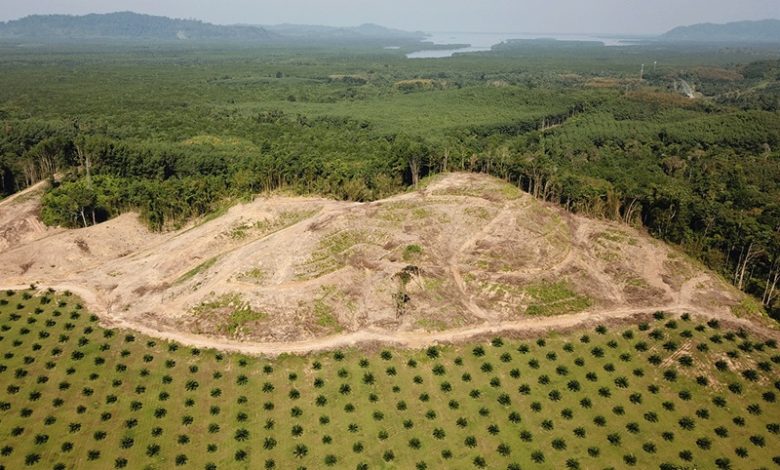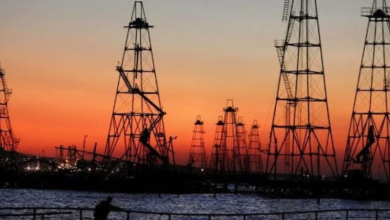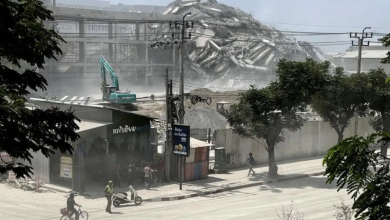Indonesia’s Deforestation Crisis: DeadlyDisasters Amplified by Environmental Degradation

Indonesia, a vast tropical archipelago stretching across the equator, is home to the world’s third-largest rainforest. These lush forests harbor endangered wildlife, including orangutans, elephants, and unique plant species. For generations, they have provided livelihoods, food, and medicine while playing a central role in cultural practices for millions of Indigenous residents.
However, Indonesia faces a grave crisis: deforestation. Since 1950, over 74 million hectares (an area twice the size of Germany) of Indonesian rainforest have been logged, burned, or degraded for various purposes, including palm oil, paper, rubber plantations, mining, and other commodities. The consequences of this environmental degradation are far-reaching:
- Deadly Natural Disasters: Recent flash floods and landslides in West Sumatra serve as a stark reminder of the impact of deforestation. Roads turned into murky brown rivers, homes were swept away, and lives were lost. While government officials attributed the floods to heavy rainfall, environmental groups emphasize that deforestation intensifies the effects of severe weather across Indonesia.
- Ecological Crisis: The 2015 Southeast Asia haze crisis, caused by forest fires in Indonesia, led to over 100,000 premature deaths, massive forest destruction, and threats to orangutans. In response, President Joko Widodo merged the environment and forestry ministries, resulting in better-aligned policies on conservation, forest fires, and permits for commodities development.
- Global Climate Impact: Cutting down forests has major implications for global climate change goals. Trees absorb about a third of planet-warming emissions but release carbon back into the air when they rot or burn. Indonesia’s consistent ranking as one of the largest global emitters of greenhouse gases stems from fossil fuel burning, deforestation, and peatland fires.
- Critical Resources: Indonesia is a major producer of palm oil, coal, pulp for paper, and other resources. It also holds the world’s largest reserves of nickel, crucial for electric vehicles and green energy transition.
- Vulnerable to Climate Change: Indonesia faces extreme events like floods, droughts, and long-term changes due to climate change. Rising sea levels, shifting rainfall patterns, and increasing temperatures pose significant challenges.
In the face of these crises, Indonesia must prioritize forest protection, sustainable land use, and conservation efforts. The world’s eyes are on this tropical paradise, urging it to safeguard its natural heritage and mitigate the deadly consequences of deforestation.



